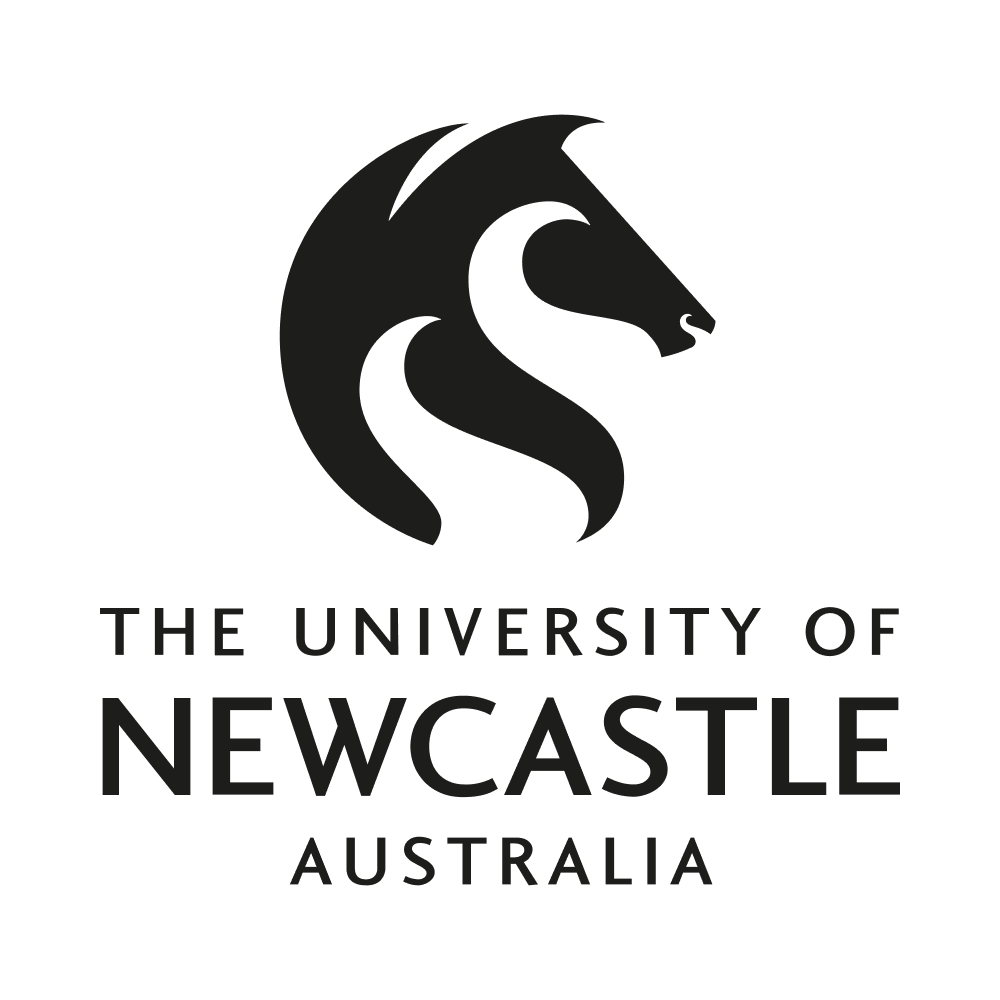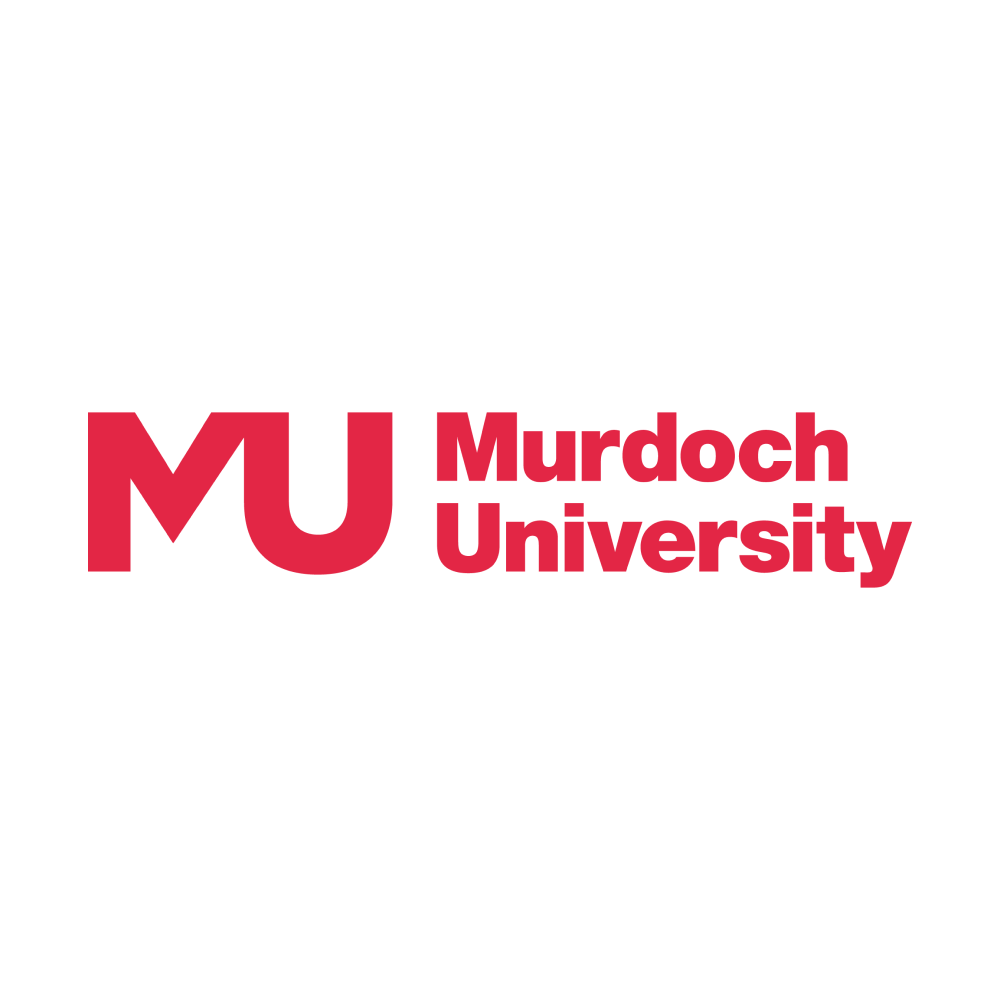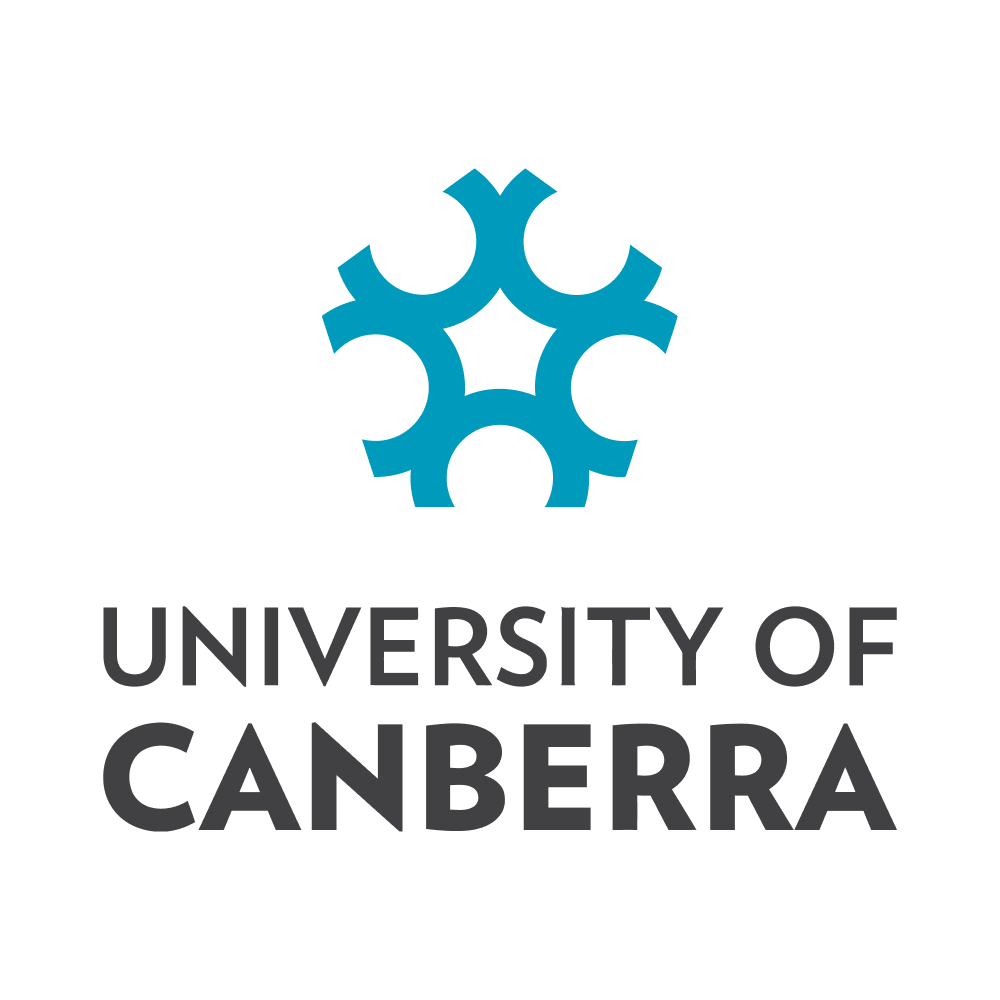
In a competitive and ever-changing landscape, people with the ability to think strategically are highly sought after by employers – and have the skills to steer their own careers and lives towards success.
Let’s take a look at what strategic thinking actually entails as well as practical ways to cultivate these skills. We’ll also explore how an MBA can play a pivotal role in honing your strategic thinking skills.
Why developing strategic thinking skills is important
Strategic thinking involves the capacity to see the bigger picture, identify opportunities and devise effective plans to achieve long-term goals. When you think strategically, you can think beyond immediate challenges and adapt to a constantly evolving business environment.
Let’s take a look at some of the key components of successful strategic thinking:
- Analytic skills – Strategic thinking means you can dissect complex problems, analyse data and make informed decisions based on those findings.
- Problem-solving abilities – Strategic thinkers are adept at addressing issues and inefficiencies within an organisation and creating innovative solutions. Jess Gleeson, Strategy and Compliance Manager at Now Actually, explains it’s all about asking the right questions: “Why are we doing this? Why are we trying to change? Why are we trying to achieve what we’re trying to achieve?”
- Effective communication – Strategic thinkers can articulate their vision and strategies clearly, fostering collaboration and buy-in from colleagues.
Developing strategic thinking skills is a big plus career-wise, giving you the power to help organisations reach their goals. Being a strategist can help you climb the career ladder, be flexible in different industries and leave a meaningful mark.
Gleeson’s story is proof of this. She says her strategic thinking skills have meant she can enjoy the advantages that come from being adaptable: “The situations that I’m dealing with aren’t locked and loaded into one particular industry or organisation. They are transferable between entity sizes and different industries.”
4 ways to learn to think strategically
When you learn to think strategically, you gain the power to tackle challenges methodically and pursue the best and most effective solutions no matter what situation you’re faced with.
It’s a continuous journey that can provide immense value, but how do you become a strategic thinker? How do you develop those skills?
Here are some key ways to cultivate your strategic thinking skills:
- Critical thinking – Practice critical thinking by analysing real-world situations, identifying problems and proposing solutions. Develop the ability to anticipate future scenarios and devise strategies to address them.
- Embracing different perspectives – A strategic thinker doesn't assume their ideas are always the best option. Collaborate with colleagues from different departments or teams and be open to considering their viewpoints, ideas and approaches when formulating strategies or making decisions.
- Problem-solving – Explore real-world challenges within your organisation and work on solving them strategically. Ask questions such as why a particular action is being taken, why change is sought and the underlying motivations behind set goals.
- Continuous learning – Stay updated on industry trends, emerging technologies and management strategies through courses, books and seminars. An MBA is also a great way to hone your critical thinking skills and develop an analytical mind.
Exploring MBA strategy units: elevating your strategic thinking skills
If you’re looking to enhance your strategic thinking skills, pursuing an MBA can be a worthwhile venture. Many MBA courses cover strategy-focused core units that can set you up with the knowledge and skills necessary to navigate complex business environments strategically and effectively. You'll be exposed to various strategic frameworks that can help you analyse business problems and make informed decisions. Some MBAs help you learn how to lead and manage strategic change with exploration via real-life case studies.
The Economic Management and Strategy unit from The University of Western Australia's Master of Business Administration (Flexible) program explores concepts and tools that can assist managers in making informed decisions in an economic landscape filled with uncertainty and risk. Some topics in this unit include contemporary market issues, the macroeconomic environment as well as supply and demand.
The University of Newcastle's Master of Business Administration (Global) course offers the Competitive Dynamics and Global Strategy unit. In this subject, you will learn how to critically examine strategies from international and domestic organisations to deal with technological, organisational and industrial changes.
Explore some of the MBA programs in Australia that include a unit related to strategy below.


UWA’s Master of Business Administration (MBA) has a strong focus on current business trends and is highly desirable for professionals looking to move into higher levels of management.
The practical business and leadership skills that you will acquire from an MBA makes it one of the most valuable graduate degrees for your career. An MBA provides you with a competitive advantage in the job market by equipping you with the knowledge, skills and professional network to add immediate value to your organisation. An MBA can also adjust your career goals, lead to new opportunities and open new pathways to success that were not available to you before.
The right MBA can transform your career by changing the way you think about yourself, your potential and the world around you.
An MBA from UWA, Western Australia’s leading university, will give you the very best chance of achieving your career aspirations.
Why UWA?
- As the top-ranked MBA program in Western Australia, there are numerous reasons why a UWA MBA should be your destination of choice.
- Truly world-class teaching faculty that bring their research into the classroom.
- Academically rigorous and highly practical coursework, with a vast selection of elective units.
- A regular masterclass series involving some of Australia’s most prominent leaders.
- The unique UWA MBA Lifelong Learning Program allows your professional development to continue long after graduation.
- Extraordinary networking opportunities in WA’s original and largest MBA program.
- Opportunities to take classes at other Top 100 universities around the world as part of your UWA MBA.


The Master of Business Administration (Global) program is available to students with a bachelor's degree in any discipline but with little or no work experience. Students will study a standard broad-based business curriculum since many will have neither a first degree in business or commerce nor work experience in which they have developed these basic competencies. They also seek opportunities to build their practical business skills and experience; hence this program has compulsory career-ready placement and internship components.
The program provides support to students to reflect on their own strengths and development needs, and to build personal skills in leadership, problem-solving and communication. The MBA (Global) allows students to build confidence and capability to operate in a wide range of countries. The typical MBA (Global) graduate would seek a graduate entry position in a multi-national enterprise or corporation and the program should prepare them for this career.


Take your career to the next level with Griffith's Master of Business Administration (MBA). This flexible MBA allows you to study online, in person, or in a hybrid format, with a focus on responsible leadership, sustainable business practices and a global perspective.
Business today is about more than just profit; it's about creating long-term value for people, communities and the planet. Through Griffith's MBA, you'll learn how to make bold decisions, inspire high-impact teams and drive positive change. Whether you're aspiring to lead a multinational company, launch your own venture or influence policy and strategy, this degree will help you get there.


Focus on opportunities to get valuable industry experience through professional placements and applied research projects. This Master of Business Administration (MBA) Global could also be a step towards doctoral studies after you complete the course.


UC’s Master of Business Administration (Plus) will allow you to develop high-level skills and competencies relevant to managing an organisation. Additionally, you’ll have the opportunity to specialise in human resource management, marketing, or international business by taking four additional units, accelerating your career progression and becoming a capable and adaptable business leader.
You will study the subtle nuances of business in all its forms, with the mindset of future employment opportunities in an executive role, senior management or as an entrepreneur. UC’s MBA (Plus) covers all aspects of business administration, including finance, marketing, economics, strategic processes and people management and culminates in a research project of your choice.
What sets UC's MBA (Plus) degree apart is the opportunity to dive deeper into a specific field. Select one of three areas of specialisation that allow you to explore human resource management, marketing or international business to align with your overall business management aspirations.
Thanks to UC’s strong focus on Work Integrated Learning (WIL), you will graduate with an impressive portfolio of international experience. You’ll gain a solid business mindset required to negotiate your way through an assortment of legal, industrial and cultural settings. Study UC’s Master of Business Administration (Plus) and have the confidence to navigate an increasingly dynamic and ever-changing business landscape.
Study a Master of Business Administration (Plus) at UC and you will:
- Formulate a marketing strategy, with particular emphasis on the development of product, distribution, promotion, pricing strategies and tactics.
- Understand and apply the basic techniques of corporate finance.
- Demonstrate an understanding of the broad body of knowledge inherent in the process of strategic management.
- Compare and contrast different forms of entrepreneurial theory and thinking in their role for idea and business development in the global economy.
- Demonstrate a critical understanding of fundamental economic theories and learn how best to apply them in practical business situations.
- Become a versatile business expert with specialised knowledge in an area of your choice.
The skills you learn in an MBA will help you create a strategic plan that gives your company a competitive advantage.
Gleeson’s experience highlights how valuable an MBA can be for improving your strategic thinking skills.
“I’ve got tools that I learnt during my MBA that I continue to use in my work life today, including productivity hacks and collaboration tools that I use to collaborate with my team online when I’m running a training session.”
Master strategic thinking with an MBA
The more you invest in your education, the more you’ll reap in terms of personal and professional growth. Pursuing an MBA can give you the tools you need to develop strategies that can contribute to organisational success in the long run. Start your journey today by exploring various MBA courses available in Australia.



















